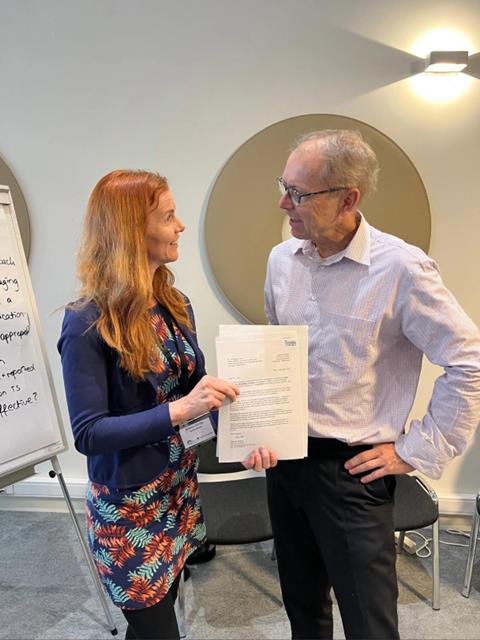
Over 110 organisations from across Europe’s plastics value chain have united to deliver an Industry Statement to officials at the European Commission’s Directorate-General for Environment (DG-ENV), calling to ‘close the gap’ between virgin and recycled plastic prices.
Part of the Ring the Bell for Recycling campaign led by Searious Business, the statement urges policymakers to act swiftly to close the widening gap between virgin and recycled plastic prices - a gap the campaign claims is forcing recyclers out of business and threatening Europe’s circular economy ambitions.
According to Searious Business, the campaign began in response to a wave of recycling businesses closing across Europe, despite ‘billions of euros’ invested in new infrastructure in recent years. It reflects a growing industry concern that without urgent intervention, Europe’s recycling capacity will disappear before the PPWR or the Global Plastics Treaty take effect.
The 111 signatories call for the EU to fix the cost imbalance between virgin and recycled plastics; guarantee recyclers’ profitability and consistent demand through fairer, recycler-supportive market mechanisms; strengthen import and quality standards; and ensure the PPWR delivers a truly circular, competitive European recycling market.
As the EU prepares to implement the Packaging and Packaging Waste Regulation (PPWR) and the world moves toward a Global Plastics Treaty, signatories stress that recycling viability must be central to both agendas.
“If plastic recycling is not a viable commercial prospect, it cannot solve the pollution crisis or help us achieve our climate ambitions - it is doomed to fail,” said Willemijn Peeters, CEO of Searious Business. Peeters added: “We all know that recycling alone can’t solve the plastic pollution crisis, but it remains a vital pillar of circularity — and right now, that pillar is wobbling. Unless Europe creates stable, long-term demand for recycled content, we’ll be left with ambition on paper, and plastic in the environment.”
This summer, as the EU faced soaring energy costs and competition from low-cost recyclate imports, Plastics Recyclers Europe’s president, Ton Emans, presented a six-point checklist to protect Europe’s plastics recycling industry, from improved transparency to clean energy. His main points included improving import transparency and verification, and that recyclers must be provided with inexpensive and clean energy, subsidies and tax reliefs for recycling activities.
Last month, the shock resignation of Ambassador Luis Vayas Valdivieso as chair of the Intergovernmental Negotiating Committee (INC) for the Global Plastics Treaty raised questions about why, what happened, and what’s next? Willemijn Peeters of Searious Business examined these questions, stating that the chair should be proud of the foundations he laid for a legally binding agreement to curb the plastic crisis, one projected to generate 1.7 billion metric tons of plastic waste by 2060.
If you liked this story, you might also enjoy:
The ultimate guide to the Packaging and Packaging Waste Regulation in 2025
How are the top brands progressing on packaging sustainability?
Everything you need to know about global packaging sustainability regulation in 2025
The key to increasing the use of reusable packaging in supermarkets













No comments yet